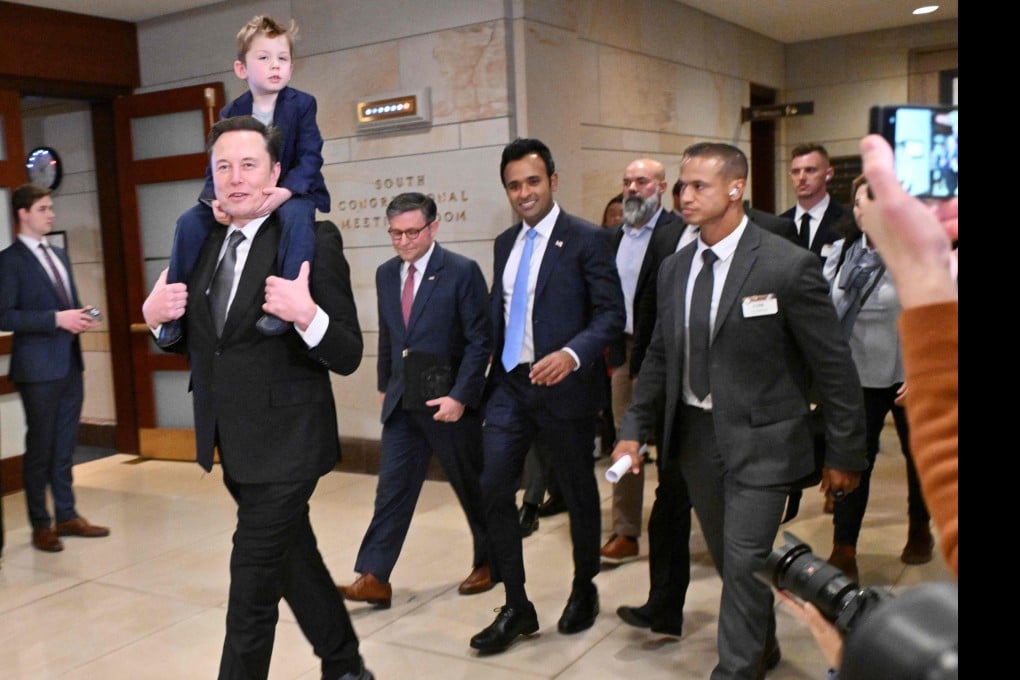Advertisement
Opinion | What Elon Musk and Vivek Ramaswamy can learn from China’s reformers
Deng Xiaoping and Zhu Rongji’s radical reforms resulted in a leaner government and more dynamic economy: the exact goals of the Musk-Ramaswamy plan
Reading Time:3 minutes
Why you can trust SCMP
7

The Musk-Ramaswamy duet is gearing up for one of the most ambitious reform projects in US political history. Appointed to president-elect Donald Trump’s proposed Department of Government Efficiency, their mission is to overhaul the government, make it smaller, streamline bureaucracy and ultimately transform the way America operates. It’s a grand vision to tackle some of the country’s most entrenched problems.
Advertisement
There might be a lesson or two to be learned from China’s rich history of reformers. From Shang Yang (390-338BC), whose legal and economic reforms paved the way for a unified Qin dynasty, to the Song dynasty’s Wang Anshi (1021-1086), whose New Policies famously failed, and Zhang Juzheng (1525-1582), whose tax reforms, while unpopular, helped the Ming dynasty reach a peak, China’s reform tradition has been shaped by powerful ideas and institutional resistance.
More recently, under paramount leader Deng Xiaoping in the 1980s and premier Zhu Rongji in the late 1990s, China undertook two of the most significant reform movements in its modern history.
While Deng famously equated his plan to downsize the government to a revolution, his reforms mainly rewrote economic rules. Markets were opened up to foreign investors, special economic zones were created, and collective farming gave way to household farming. Not that he did not tackle the oversized bureaucracy and officialdom – old cadres were retired en masse and kicked into “advisory committees”, and in just over two years, he trimmed the military by a million troops, despite a border conflict with Vietnam.
But it was Zhu’s reforms of 1993-2002 that are more comparable to the American project envisioned by Tesla CEO Elon Musk and former Republican presidential candidate Vivek Ramaswamy.
Advertisement
Zhu massively restructured China’s government and the state-economy relationship. In the first restructuring round, central government agencies were cut from 86 to 59, as employees on government payroll fell by 20 per cent. The second round, from 1998-2002, was even more radical: 15 ministries were axed and 1.15 million positions removed from the government payroll. Tens of thousands of state-owned enterprises (SOEs) closed their doors or were privatised, and millions were laid off.

Advertisement
